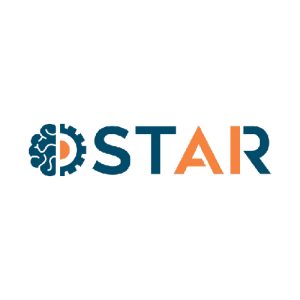
WEDistrict
100% renewable district heating and cooling systems
WEDISTRICT aims at demonstrating the successful integration of renewable technologies in District Heating and Cooling Systems for the production of heat and cold in urban networks.
The Consortium designs and tests integrated systems including solar and solar cooling technologies, geothermal-PV hybridation, molten salts storage, biomass boilers, waste heat reuse and solar cold technologies, all managed through an advanced control and monitoring system.
9 European countries are represented by the 21 Partners of the Consortium that is led by Acciona. WEDISTRICT is a 42 months project started on 1 October 2019, with a total budget of 19mln.
Motivation & Impact
Role of R2M
Motivation & Impact
Renewables are not widely used for heating and cooling buildings and industry, with 84% of heating and cooling still generated from fossil fuels and only 16% generated from
renewable energy. Responding to the EU’s Heating and Cooling Strategy, WEDISTRICT proposes the development of clean, smart and flexible District Heating and Cooling (DHC) systems as a tool for reaching the EU climate goals.
Amongst WEDISTRICT impacts, the crucial ones are:
– To strongly contribute to the decarbonisation of district heating systems;
– To enhance air quality conditions through the depollution of the Heating and Cooling sector;
– To support the public acceptance of renewable DHC by identifying the key factors that influence it and by analysing lighthouse countries in this sector;
– to improve the attractiveness of renewables DHC and attract investors by leveraging on demonstration sites.
During the project, four installations will be carried out to demonstrate the technologies developed in real scenarios: solar technologies, molten salts storage, biomass boiler will be integrated in Spain; PV and geothermal technologies in Romania; biomass boilers replacing a coal plant in Poland; hydrogen-powered fuel cells and heat waste recovery system in Sweden.
Role of R2M
R2M coordinates the activities related to the business model definition, exploitation and uptake. In order to deliver the expected results of the project in terms of exploitation and sustainability of the business opportunity, R2M guides the Consortium in the carrying out of the market and PESTLE analysis, business models workshops supported by one-to-one surveys with the technology providers and the system integrator. Together with Acciona, R2M is responsible for the activation and the growth of a market actors’ community supporting the replication of WEDISTRICT solutions in other EU countries.
















































